Dados do Trabalho
Título
STAT4 (rs7574865) polymorphism in Rheumatoid Arthritis predisposition and Treatment Response in a Brazilian Sample
Resumo
Rheumatoid arthritis (RA) is a chronic autoimmune disease that causes joint inflammation, leading to pain, stiffness, and loss of function. Early diagnosis and treatment with immunobiologics and anti-inflammatory drugs are essential for controlling symptoms and slowing progression. The STAT4 gene (signal transducer and activator of transcription 4) is involved in an exacerbated immune response. This study aims to investigate the influence of the rs7574865 polymorphism on susceptibility to RA, response to biologic treatment, and treatment discontinuation due to drug-related adverse events. The sample included 295 RA patients treated with anti-TNF immunobiologics and 303 healthy controls, with the majority women (88%) and a median age of 50 (39-85), all from the state of Bahia. Genotyping of the rs7574865 polymorphism was performed using TaqMan probe-based 5'-nuclease assays and allele discrimination on the QuantStudio 12K. Analyses were conducted using R Studio 4.2.1 with the Snpassoc package, with a significance level of 5%. The rs7574865 polymorphism in the STAT4 gene was associated with susceptibility to RA in a T allele dominance model (OR: 1.61; 95%CI: 1.09–2.39; p=0.016), indicating that the T allele increases the likelihood of developing RA by 61%. The recessive model of the T allele was also associated with treatment failure in response to anti-TNF treatment (OR: 1.35; 95%CI: 1.06–1.74; p=0.015), with the TT genotype increasing the chance of an ineffective treatment by 35%. For treatment discontinuation, the T dominance model was significant (OR: 1.89; 95%CI: 1.01–3.60; p=0.048), with patients having at least one T allele having an 89% higher chance of discontinuation. These results highlight the importance of investigating the rs7574865 polymorphism in the STAT4 gene in RA susceptibility and response to anti-TNF treatment, suggesting an increased risk associated with the T allele and contributing to more personalized approaches in disease management.
Área
Imunoterapia e imunobiológicos
Autores
JOÃO LOCKE FERREIRA DE ARAÚJO, INGRID MARINS DE ALMEIDA, BRUNA RAMOS TOSTA, PEDRO AUGUSTO S. DOS SANTOS RODRIGUES, THAMARA MIRANDA, GABRIELA PIMENTEL PINHEIRO, ÁLVARO A. CRUZ, CAMILA ALEXANDRINA FIGUEIRERO, PABLO DE MOURA SANTOS, RYAN DOS SANTOS COSTA
